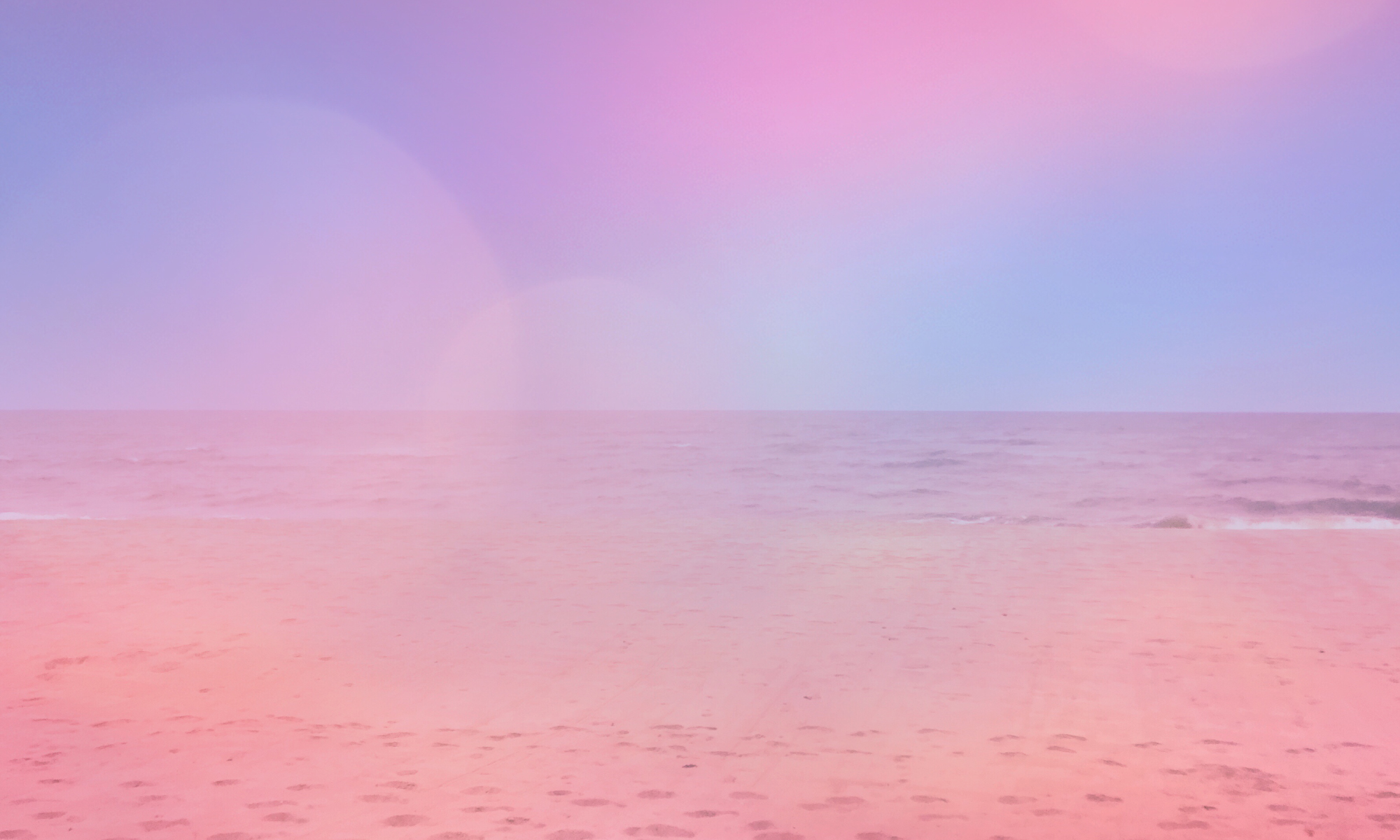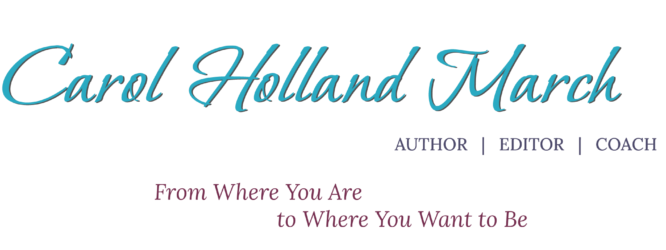 What happens when we don’t express our creative energy? When something inside blocks us from writing, painting, designing, making music, dancing for joy?
What happens when we don’t express our creative energy? When something inside blocks us from writing, painting, designing, making music, dancing for joy?
Lots of things can happen, most of them not positive, although some do a good job of masquerading as useful and practical.
- We can become so entangled in our jobs that we don’t take time for ourselves, our families, or friends.
- We can go back to school, in hopes that more education will spark our ability to create.
- We can become meticulous housekeepers, never a speck on the rug or a smudge on the mirror.
- We can become the most helpful person in the neighborhood, the one everyone comes to for a ride, a loan, or a shoulder to cry on.
These patterns, if freely chosen and intrinsically rewarding, are fine. But if they mask the face of resistance whispering that serving others, being busy, having a spotless home, and doing our jobs better than anyone else ever has, it’s time to put on the brakes and take stock.
My students often say:
- “I don’t have time.”
- “My job is overwhelming.”
- “My kids/parents/friends need me to be there all the time.”
- “Maybe when things slow down, I’ll work on my dreams.”
Maybe you haven’t noticed but the world is not slowing down. We’re expected to do more with less at work. Social media takes up time we used to spend talking to real people. Our phones demand our attention, and only the bravest does not use a phone for socializing, game playing, and entertainment. Even those who write the apps admit they intend to make us addicts.
At worst, blocked creativity leads to depression, lack of fulfillment, bitterness, anxiety, boredom, and seething resentment. The terrm “Prozac Nation” was coined because we use drungs to mask how we feel. It would be easier and safer to spend some ttime doing what we feel like doing.
Everyone has a need to create. For some, the drive is pre-eminent, while for others, it resides in the background. People who do crafts, garden, develop a personal clothing style, and make their homes restful havens are creative just as novelists, musicians, and playwrights are. The energy comes from the same place. The form it takes depends on your interests, abilities, values, and inclinations. Any form your creativity takes is valuable to you.
Unfortunately, creative work, unless it is popular and financially rewarding, is often not highly valuee by others. If your writing, painting, or music does not result in income, it may be considered, by your friends, as well as the IRS, as a hobby. The problem with hobbies is that they are “extra,” not as important, easily pushed to the background.
If you have the urge to create, consider giving yourself permission to start. What would it take to devote an hour two or three times a week to learning how to paint, compose a poem, design a website? What could you let go of, so you can learn about the pleasure that awaits you?
What would it feel like to dance for joy?


